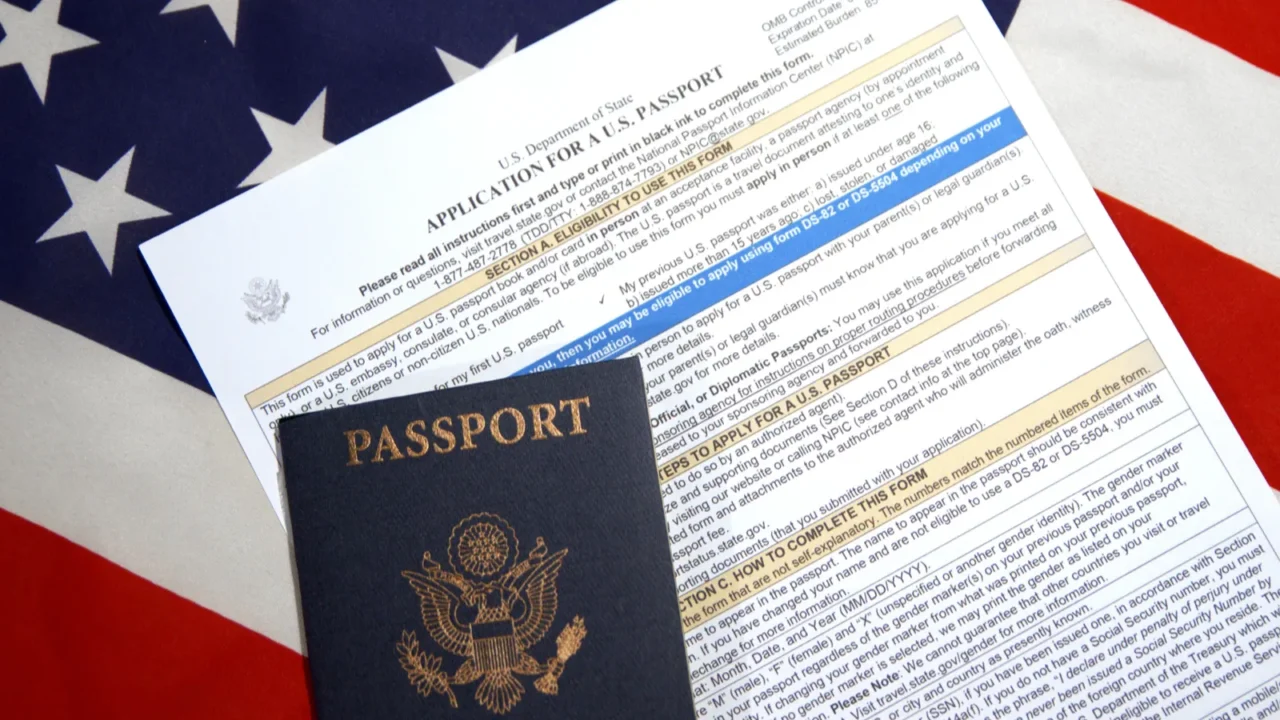
Passport delays return
Just as travelers gear up for holiday trips, passport delays have reappeared across the United States. Processing times are stretching longer than many expected, creating stress for people planning international getaways. Families who thought they had plenty of time are discovering their documents may not arrive before departure.
This renewed bottleneck follows a brief period in early 2024 when processing times temporarily improved. Demand has risen sharply, with applications arriving faster than staff and systems can manage. The result is another round of anxious waiting.
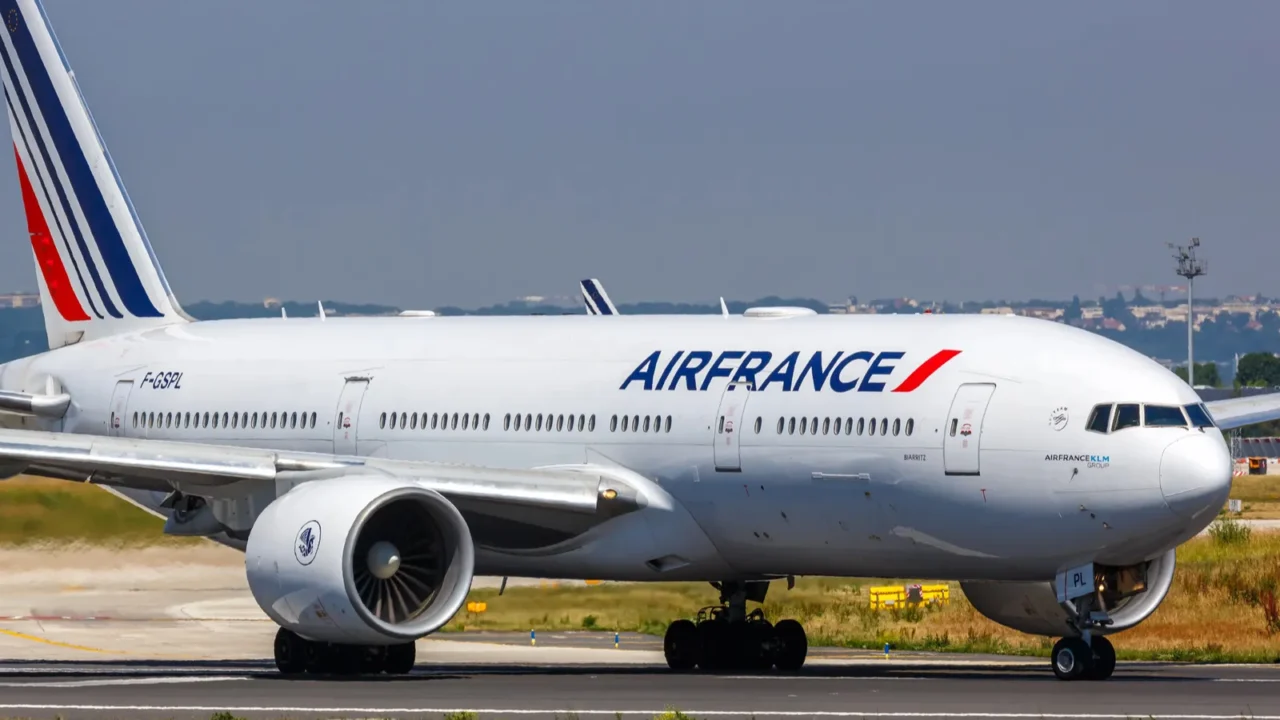
When plane hits a wall
Imagine planning a trip to Tokyo or Paris only to learn your passport will not arrive in time. Travelers now face routine waits of six to eight weeks, while expedited services typically take two to three weeks. That tight timeline leaves little room for error during peak travel season.
For those hoping to reunite with family or seize last minute holiday deals, this lag can mean missed flights, canceled bookings, and costly disappointments.
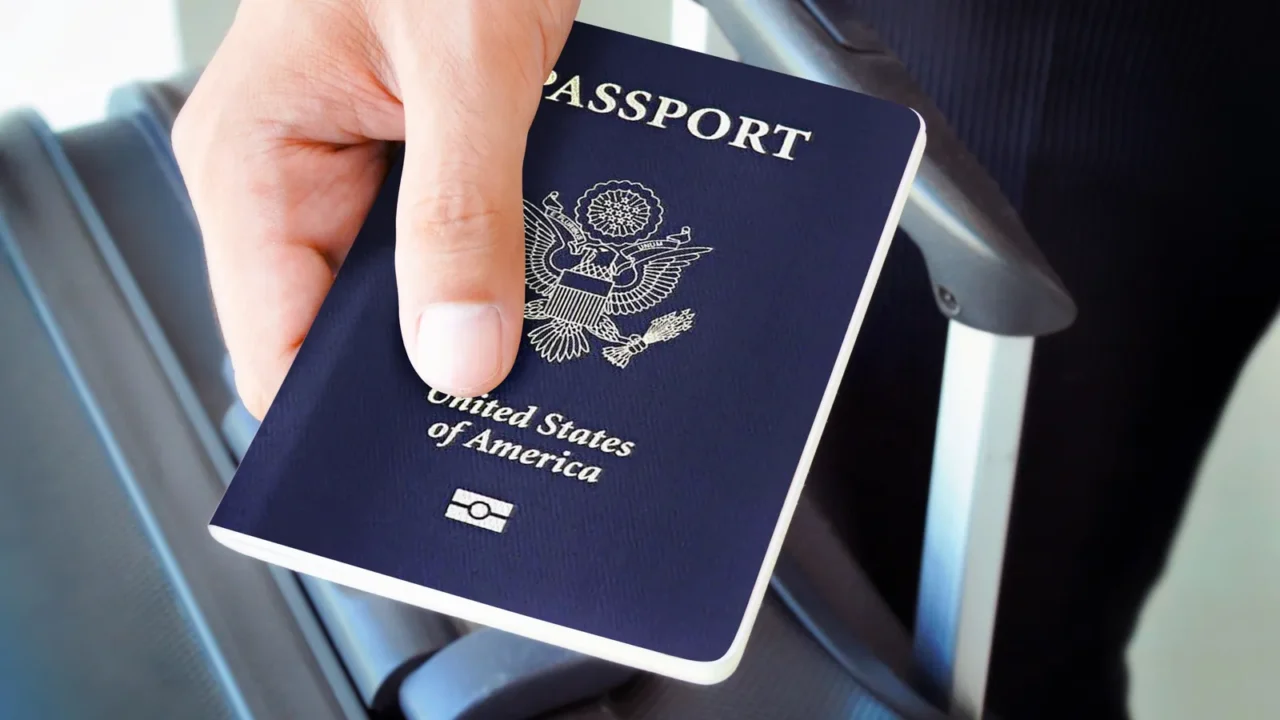
Why the backlog grew
The surge comes from a simple equation: more travelers and limited staffing. After restrictions eased, international trips soared, pushing applications beyond what agencies could quickly handle. While additional staff have been hired, the gap between demand and capacity remains noticeable.
Old processing systems also strain under volume. Despite efforts to modernize, many steps still rely on paper reviews, slowing efficiency. The government acknowledges the challenge but warns that improvements will take time to fully ease pressure.
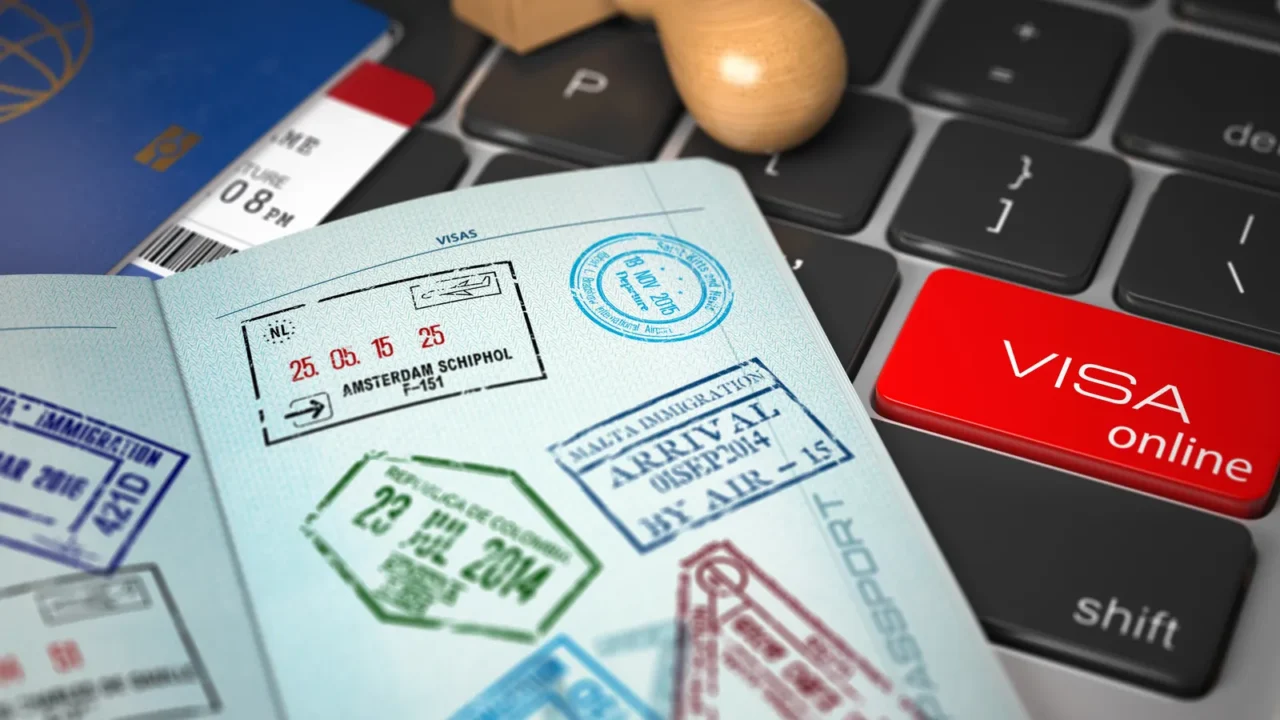
Digital fixes emerge
One encouraging step is the wider launch of online renewal. Eligible applicants can now file requests entirely through a secure portal, avoiding paper mail and long waits at post offices. The system has already reduced pressure at some processing centers.
Still, not all travelers qualify. First time applicants and those with damaged documents must continue with traditional methods. While digital tools offer relief, they cannot yet serve every traveler caught in this holiday crunch.
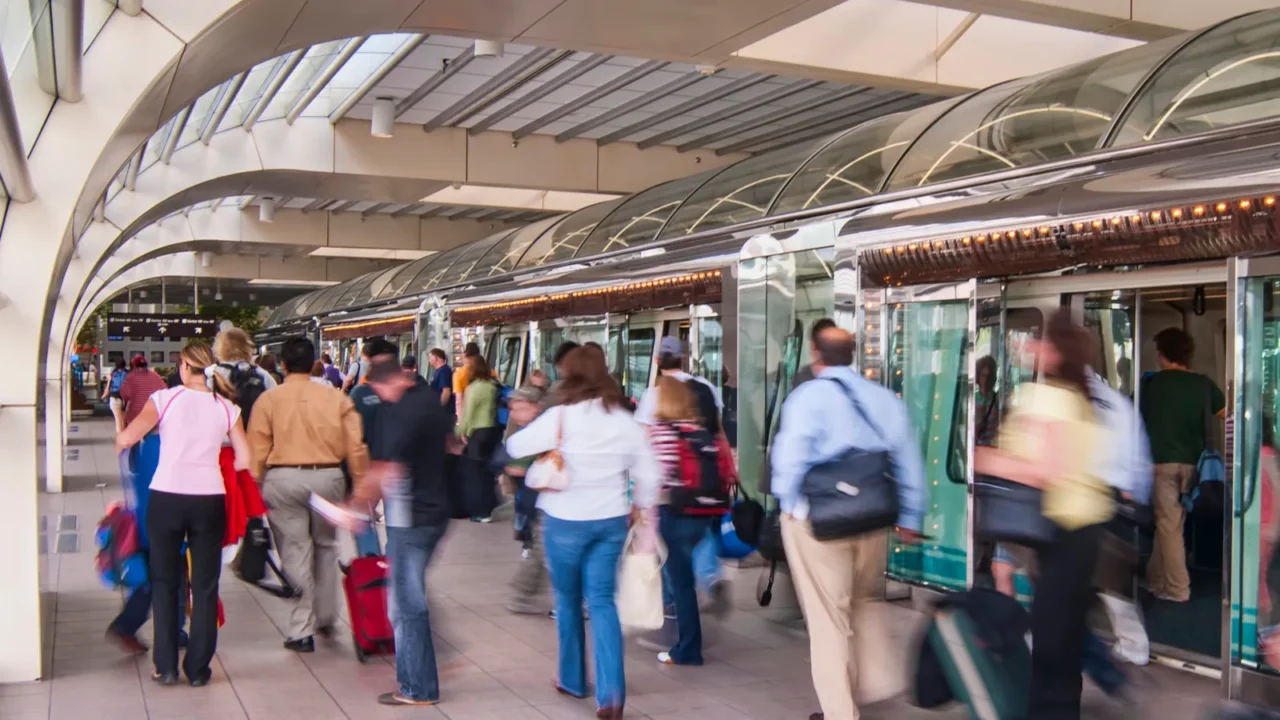
Travel hotspots under strain
Cities with the busiest airports feel the pinch the most. New York, Los Angeles, Orlando, and Miami all face high volumes of applications, often tied to their roles as gateways to international destinations. Passport centers in these cities report overwhelming demand.
Appointment slots vanish quickly, lines form outside post offices before dawn, and travelers scramble to secure any available opening. For residents in these areas, securing a valid passport is becoming a race against the clock.
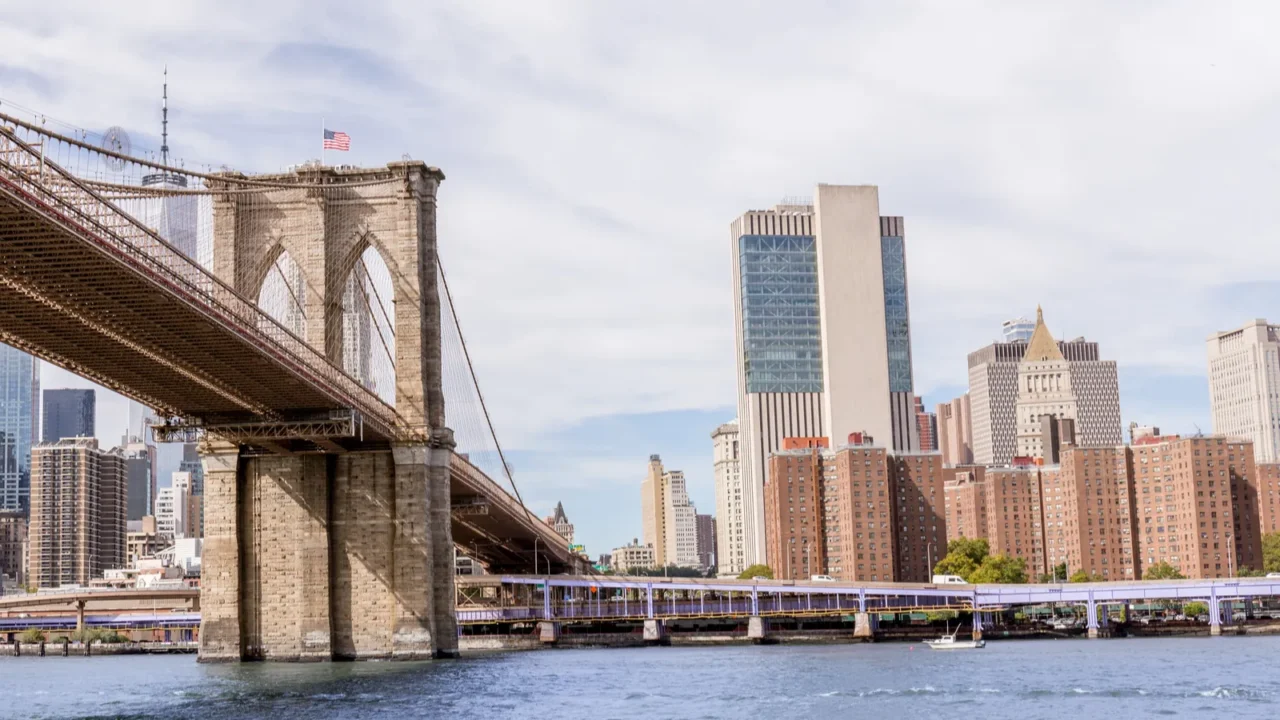
Pressure in New York
In Manhattan, travelers report showing up hours before offices open just to secure a place in line. With Europe a prime holiday destination, the city’s demand for passport services is unmatched. The sheer population size makes delays especially visible.
Tourists, students, and business travelers all compete for limited appointment slots. Even expedited services are difficult to obtain, leaving many New Yorkers wondering whether their winter trips abroad will still be possible.
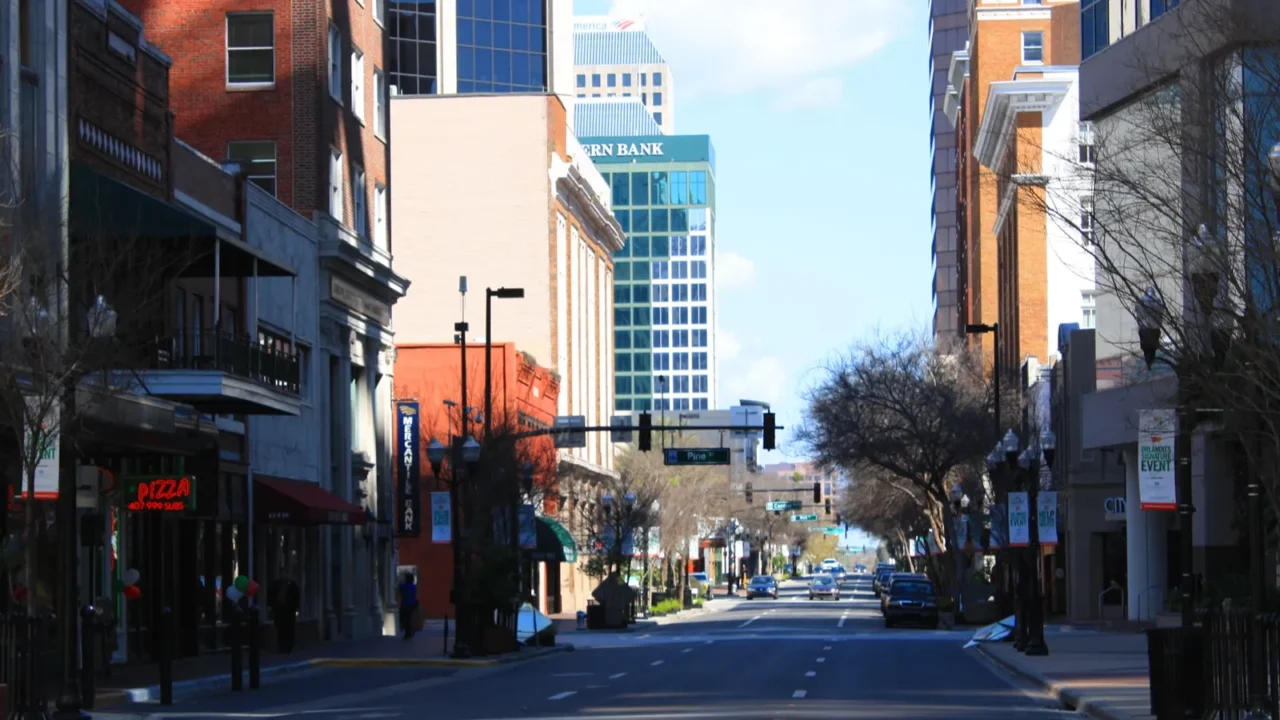
Orlando and Miami crunch
Florida cities face a unique challenge. Orlando is home to heavy holiday traffic linked to theme parks, while Miami remains the cruise capital of the United States. Families planning Caribbean vacations or island getaways feel the brunt of delays.
With many trips scheduled months in advance, even small processing setbacks cause problems. Post offices and passport centers in these regions report constant overflow, reflecting the intense appetite for international travel during winter months.
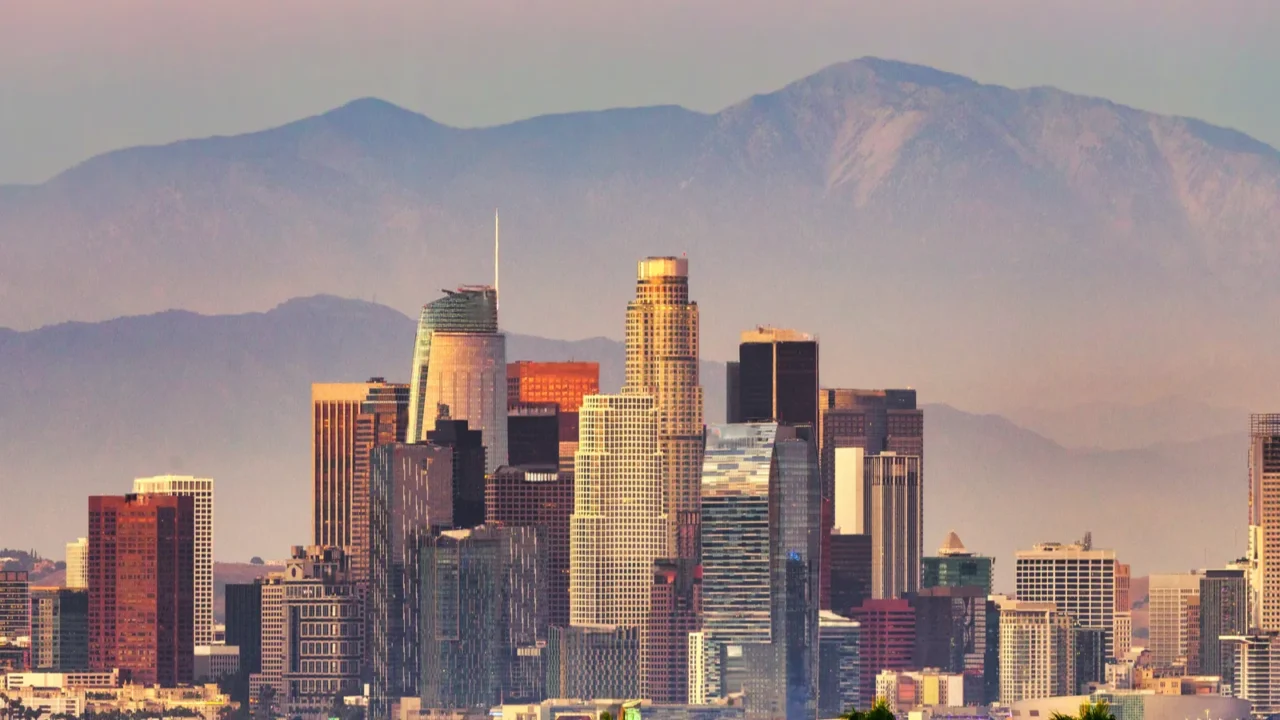
Los Angeles bottleneck
Los Angeles is another flashpoint. Travelers bound for Asia and the Pacific are lining up for expedited services that vanish as quickly as they appear. The local passport agency has increased appointment availability, but demand keeps surpassing supply.
Residents often drive long distances across counties in hopes of finding an open slot. For many, securing a passport has become a journey of its own, adding stress before any international flight even leaves the runway.

Global ripple effects
American passport delays do not only affect U.S. cities. International destinations are noticing the impact as well. Consulates in London, Tokyo, and Madrid report travelers missing visa appointments or arriving late for required documentation.
Countries that rely heavily on tourism also worry about reduced American arrivals. These ripples highlight how one nation’s document challenges can spread across borders, complicating travel plans worldwide during the busiest season of the year.

Voices from travelers
Stories from frustrated travelers are easy to find. One California resident applied in September, expecting plenty of time for a December trip. By late November, the passport had still not arrived. Others describe camping outside offices overnight to grab a rare appointment slot.
Travel forums fill with advice urging people to apply at least three or four months early. The anxiety is real, as travelers face the possibility of missing long-planned family gatherings or overseas adventures.

Smart moves to try
Despite the challenges, there are ways to stay ahead. Travelers should first confirm if they qualify for online renewal, since this method can save weeks. Submitting error-free applications also prevents costly rejections that add more time.
For urgent cases, booking in person appointments with proof of upcoming travel can still open doors. Agencies occasionally release last-minute slots, and those willing to check daily often have the best chance of success.
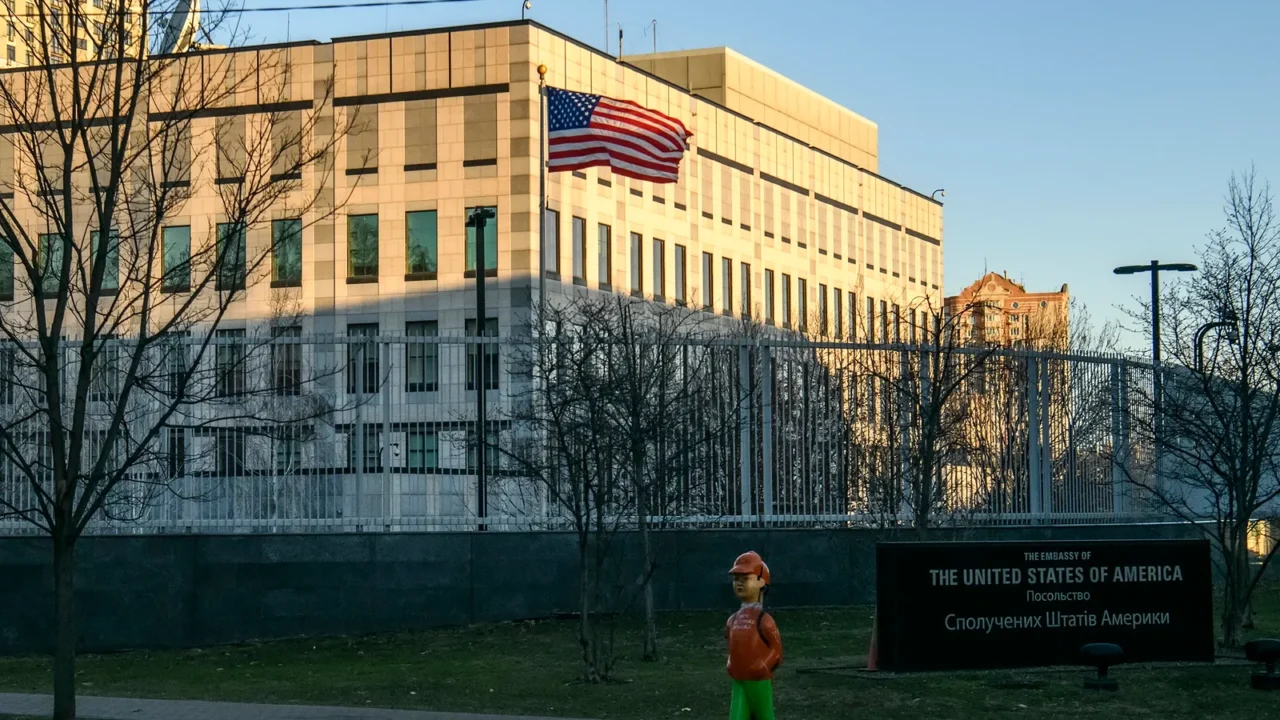
Help abroad
For travelers already overseas, American embassies and consulates may offer emergency documents. These temporary passports allow citizens to return home or reach limited destinations. While not ideal, they provide a lifeline in situations where delays or lost documents threaten to leave people stranded.
Rules vary by country, so travelers should always contact the nearest consulate early. Being proactive can prevent missed flights and ensure a smoother path back to the United States.

Timing is key
Experts stress the importance of early preparation. Many nations require passports to remain valid for at least six months beyond entry. That rule catches travelers off guard and compounds the delay problem.
Applying months in advance is the safest way to avoid holiday stress. A cushion of three to four months ensures there is time to handle unexpected errors or mail issues without sacrificing planned vacations or business trips abroad.

Reform and pushback
The situation has sparked debate about fees and fairness. Consumer groups are challenging extra charges for expedited services, arguing that high costs do not guarantee timely delivery. Lawmakers have urged faster modernization and more funding to match soaring demand.
In response, the State Department has increased hiring, extended office hours, and organized special passport fairs nationwide. These measures aim to restore public trust, though many argue that deeper reforms are still needed.

Looking ahead
If these reforms take hold, travelers could see a smoother experience in the future. Faster digital systems, stronger staffing, and streamlined review processes may bring lasting improvements. Until then, travelers must adapt to the realities of the current system.
At the same time, new opportunities abroad are opening. Citizens of more than 70 countries can now visit China without a visa, making Asia an even more appealing destination once passport backlogs ease.
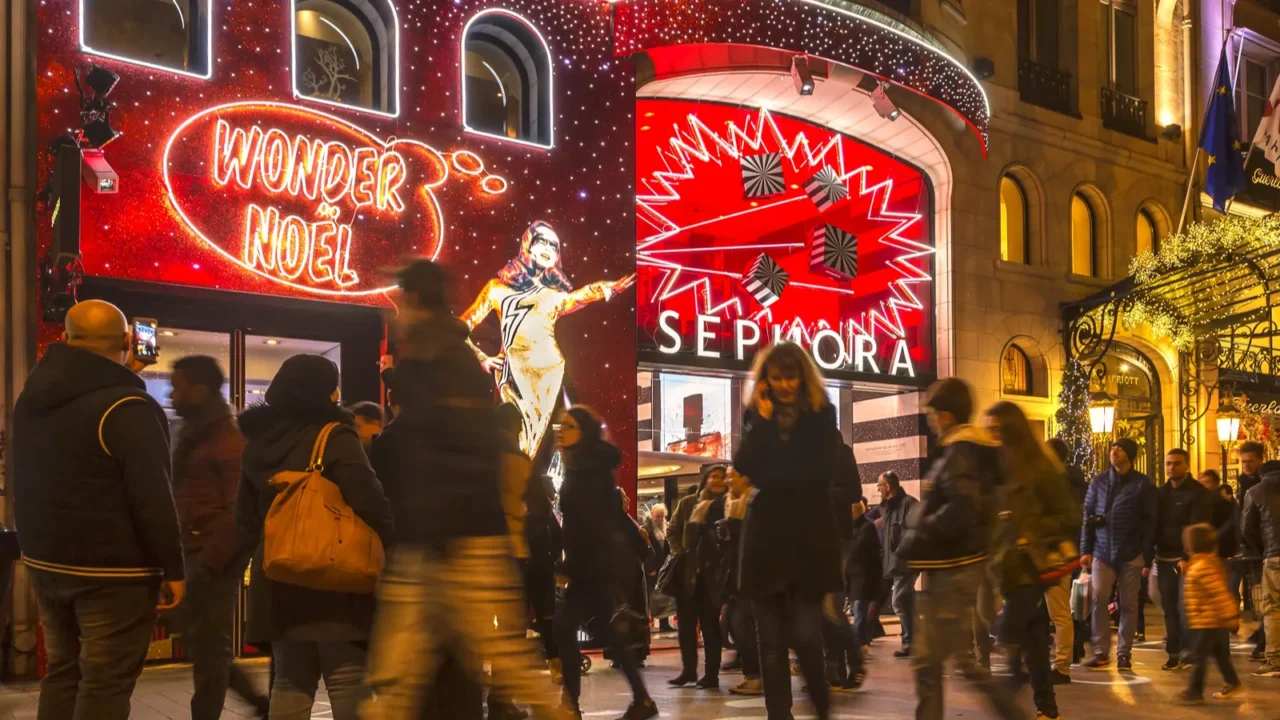
Stay ready, travel confident
While delays create obstacles, smart preparation helps travelers stay ahead. Check expiration dates well in advance, explore online options, and keep documents error free. Families planning holidays abroad should build in extra time for every step.
Travel costs can also surprise you. Sneaky visa fees are catching travelers off guard, adding stress to budgets. With careful planning and awareness, you can avoid these pitfalls and step confidently onto your next flight.
Have you faced passport delays or unexpected travel fees? Share your experience and let others know how you handled it.
Read More From This Brand:
- A 3-day train ride may soon link major cities across the US
- Europe feels the shift as major players step back
- FIFA World Cup, Summer Olympics and more put global travel in the spotlight
Don’t forget to follow us for more exclusive content right here on MSN.
This slideshow was made with AI assistance and human editing.